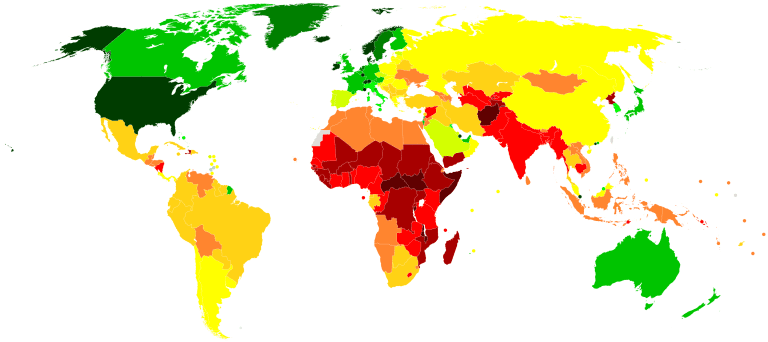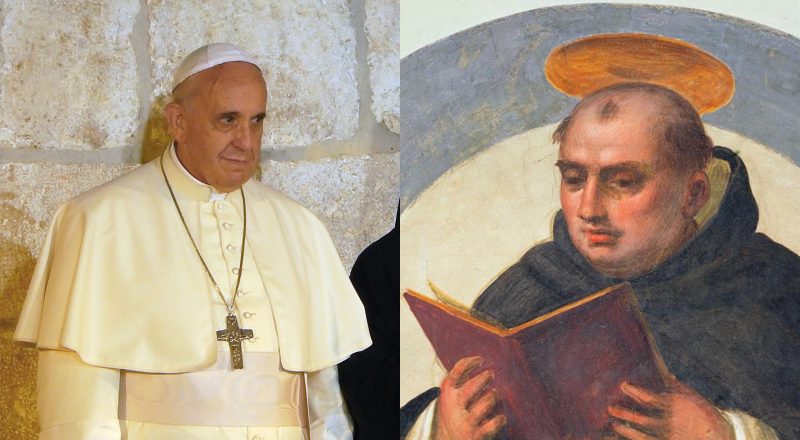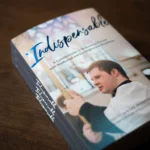Eight Years ago, Brandon Vogt had a long piece on how much trouble it is that the Catechism and NAB (Bible translation used at Mass) are so expensive, and how hard they are to distribute. I think he is mainly right but I suggest maybe one slight variation. This came up as an issue as people were talking about Fr. Mike Schmitz’s Catechism in a year. Someone noted how initiatives to read the catechism had been stifled in the past by rules around publishing it.
Vogt Showing the Issue with the Catechism

Brandon Vogt begins:
The problem: Right now, many of the faithful are being restricted from fully sharing Scripture and other teachings of the Church in the most effective ways. We need to be flooding the world with the lumen fidei—the light of faith—yet there are current Church policies preventing this from happening.
The current licensing policies for the most essential texts and teachings of the Church (e.g. the Bible, the Catechism, encyclicals, etc.) are making it difficult, expensive, or impossible for Catholics to fairly reproduce and share them. This well-meaning but imprudent policy is directly hampering the Church’s evangelistic mission (as is clearly shown below).
Vogt’s Personal Experience Leading to This
He tells a story of what happened to him.
A couple weeks ago, Pope Francis announced that on Friday, July 5 he would release his first encyclical, Lumen Fidei (The Light of Faith). The “work of four hands” would explore the theological virtue of Faith and I was thrilled. I had already gobbled up Pope Benedict’s encyclicals on Hope and Charity, and could not wait for this one.
I was particularly excited to share the document with others. I wanted to discuss it with friends and invite unbelievers to read it, too. To that end, I had an idea: when the encyclical was released, I’d convert it, free of charge, to other popular formats like Kindle, Nook, iPad, and more. That would help thousands of people immediately engage the text, many of whom would otherwise never check it out (like people who exclusively use e-readers). […]
I was so happy to help, but there was one big problem: I was wrong. I quickly received a litany of emails from the USCCB and Holy See, explaining that they had a clear and legitimate copyright on the text. And since I had no permission to share it, I was engaging in illegal activity. The folks could have, perhaps, used softer language—I was accused of “[violating] both civil and moral law” and “stealing from the pope”—but they were unquestionably within their rights to ask me to remove the eBooks.
In good faith, I complied. I took the documents down, admitted I was wrong, and publicly and privately apologized (especially for accusing them of valuing profit over catechesis, which was a regretful knee-jerk reaction.) Just to be clear, I’ll apologize again here: to the USCCB, the Holy See, the Libreria Editrice Vaticana (LEV), and our Holy Father, I’m deeply sorry for overstepping my bounds and disseminating the encyclical without permission. I was wrong and should not have done that. My intention was simply to spread the Pope’s teaching but good intentions do not justify violating the Vatican’s copyright.
Vogt’s Solution
In the end, here is Vogt’s solution:
Release all magisterial teaching under a Creative Commons-Attribution-NoDerivs license.
Here’s what each of the elements in that fancy, technical name means:
–Creative Commons – A type of license that lets you share your work generously without losing your control over it
–Attribution – Requires that proper credit be noted on any reproduction
–NoDerivs – Prohibits changing or altering the work, or producing derivative versions
Under this license, people may copy, distribute, display, and perform only verbatim copies of the work. It’s an extremely popular way of safely distributing texts, especially digital content. In fact, over 400 million Creative Commons licenses have been deployed by individuals and large organizations, including Wikipedia.
Slight Variation
I think Vogt is generally right, but I would change two things that work together.
First, I would add a fourth thing often included in Creative Commons: Non-commercial in that you can’t use that content under creative commons to make money. This would mean you can’t sell the work without permission. (Jonathan Sullivan suggests similarly.)
Second, make an easy way for anyone who wants to print magisterial teachings and sell them to register with something like 5-10% of sales going to the USCCB or Vatican.
10% is what authors generally get for printed or ebook materials, which are the formats likely to be printed to attempt to make a profit. Vogt had mentioned, “Some publishing friends shared that the licensing fees they’re forced to pay in order to print the Bible, Catechism, or papal documents make it nearly impossible to break even. They’re forced to either mark up their books or just not publish them at all. Neither is a good option if the goal is to spread the teachings far and wide.” This seems to be much more than the standard 10%. I doubt paying the author of the translation 5-10% would make it commercially unviable as that percent is covering a lot that is also done by editors in a standard book publishing system.
I think there is a matter of justice in that if you are making money from something made by some living person you should attempt to give just remuneration. I bought an e-book collecting all the original Theology of the Body talks in Italian and I paid something like $1.99 for it. I think in such a case, out of justice, the person should be giving at least a portion to the Vatican which can then be used for operations or given to charity. Sure, the editor did something by structuring them all in an easy-to-read ebook format with proper inking between a table of contents and putting in on Amazon and I have no issue with paying him a bit for that, but a portion should also go to the author.
I realize that the biggest obstacle in favor of Vogt’s approach may be bureaucratic issues at the USCCB or Vatican making the second half here unworkable. If that can’t be overcome, go with Vogt’s plan, and tell publishers they should give 5-10% of the sales price to Vatican / USCCB translators. I think printed versions are helpful in many circumstances and although we can do ebook conversions for little to no cost, printing physical books always costs money.









